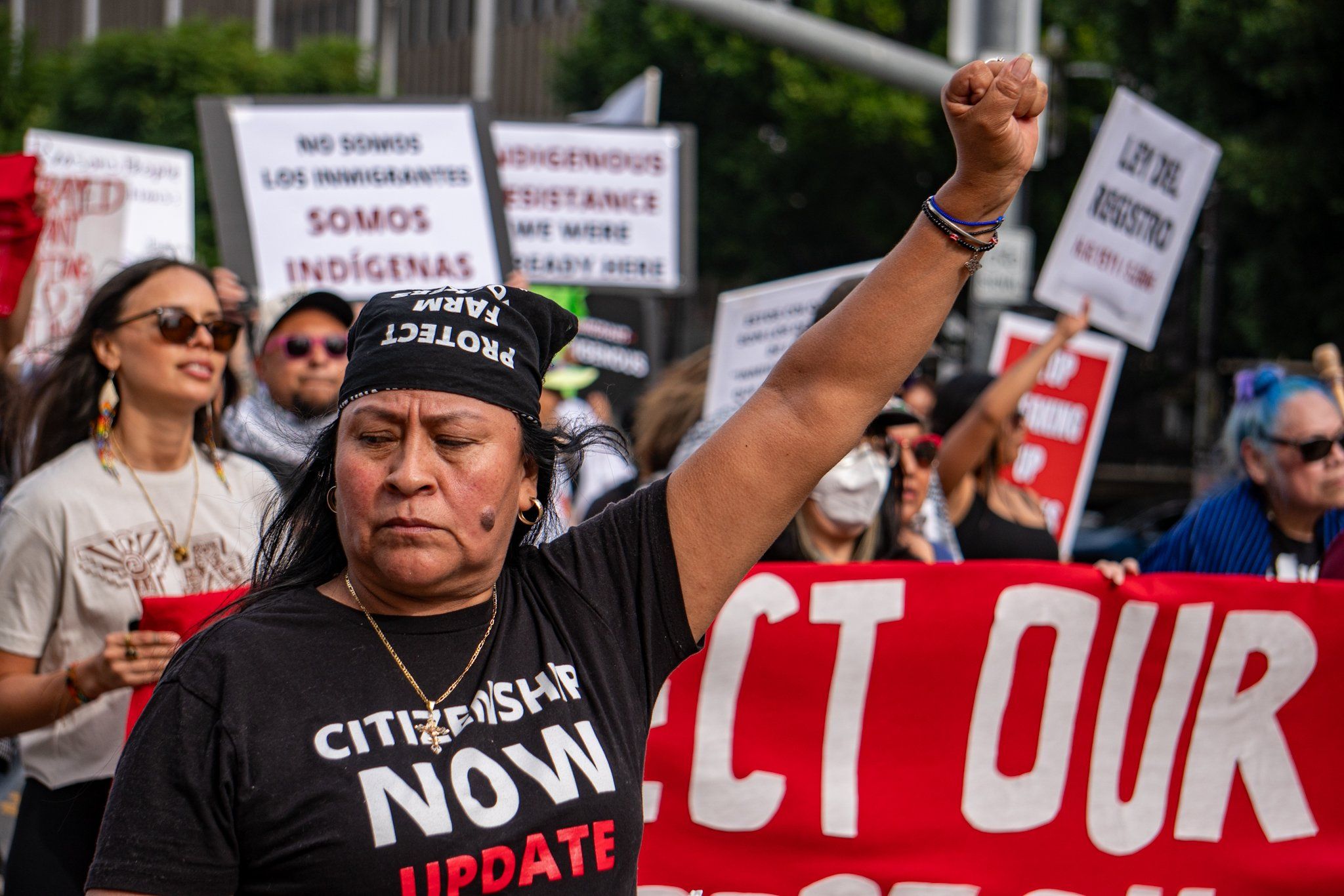The lawsuit, led by New Jersey, California, and Massachusetts, argues that Trump can’t unilaterally rewrite the Constitution’s 14th Amendment guarantee of birthright citizenship to every baby born in the US. They point to the Supreme Court’s Wong Kim Ark decision, which set the precedent of birthright citizenship regardless of the parents’ legal status in 1873.
Trump argues that revoking birthright citizenship is critical to curbing illegal migration to the US. He is supported by a minority of legal scholars who say that Wong Kim Ark decision misinterpreted the Constitution. They argue that because unauthorized migrants are not “subject to the jurisdiction” of US law – in the sense that they can’t vote and are excluded from certain rights afforded to Americans – that the 14th Amendment does not apply to them or their children.
Will Trump succeed? Trump can’t rewrite the 14th Amendment or 100 years of legal precedent with an executive order, but he could with the help of sympathetic judges. Lower courts are likely to side with the states, but if Trump appeals, it is likely to be decided by the Supreme Court, where the Conservative majority has not shied away from overturning legal precedent in recent terms.